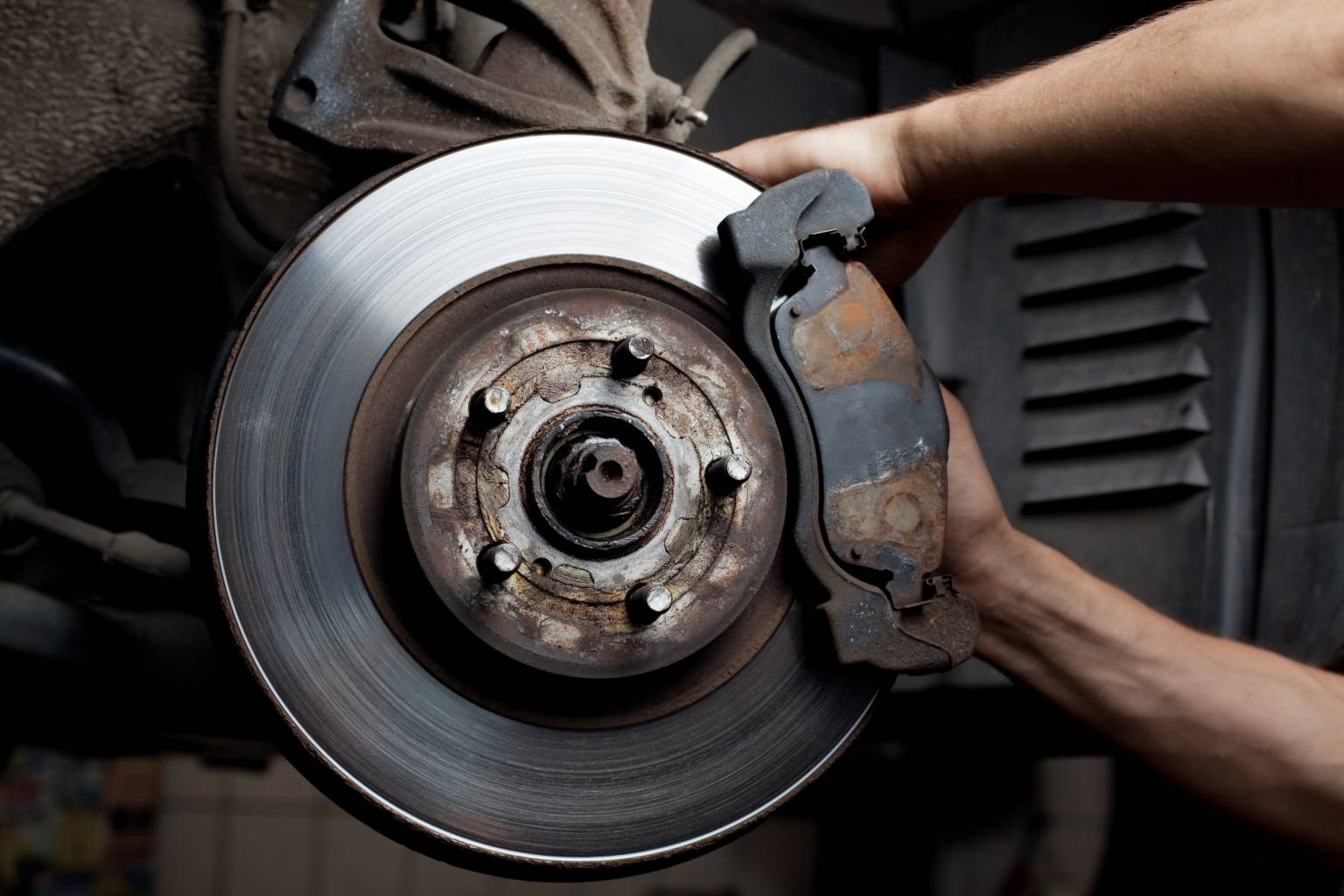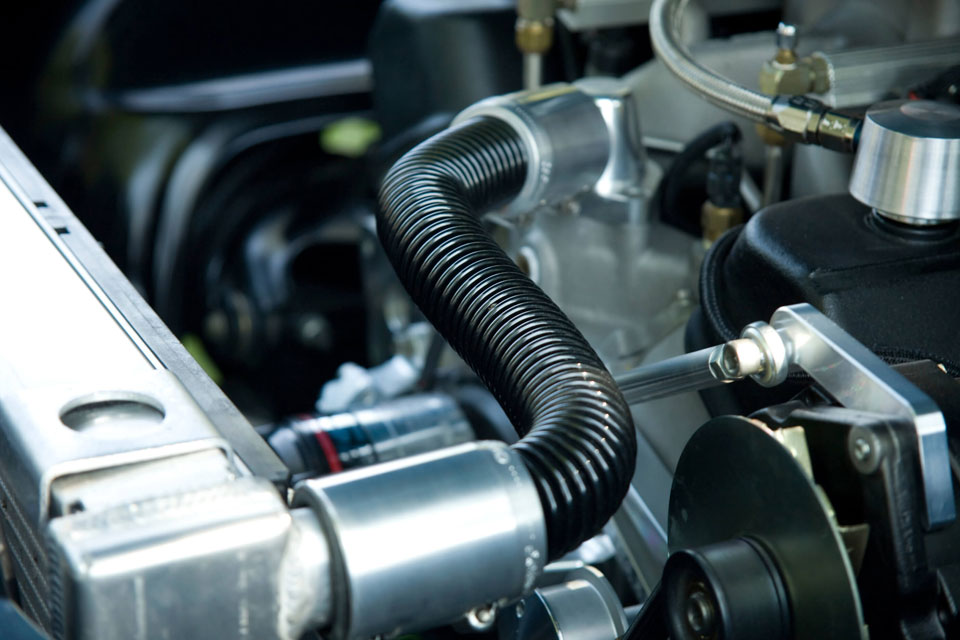The thrill of driving along the open road is incomparable, as vehicle fanatics and everyday commuters can attest. But have you ever experienced an unexplainable tug to one side or a faint sensation through your steering wheel? If this is the case, it may be time to consider wheel alignment. Let’s solve the puzzle of this frequently-overlooked maintenance operation and see how often you should get your car’s tire alignment.
Understanding Tire Alignment
Tire alignment is adjusting a vehicle’s suspension system to ensure that the wheels are at the proper angles relative to each other and the road surface. It improves tire wear, vehicle handling, and overall driving stability. This precise adjustment involves changing the wheel angles according to the manufacturer’s standards, which include factors such as toe, camber, and caster. Proper alignment adds to a smoother ride and safe driving by reducing uneven tire wear and ensuring optimal vehicle control.
What Factors Influence Tire Alignment?
Different factors can impact the alignment of your vehicle. Here’s a quick rundown of the main influences that may affect tire alignment:
- Road Conditions
Uneven or poorly maintained roads can negatively impact your alignment.
- Driving Habits
Aggressive driving, rapid stops, and sharp curves can compromise alignment.
- Suspension Components
Misalignment can happen due to worn or broken suspension components such as shocks, struts, or bushings.
- Accidents and Collisions
A collision or striking a curb might cause the wheels to become misaligned.
- Uneven Tire Wear
Tire wear patterns that are uneven may indicate alignment issues.
Understanding issues and being cautious in resolving them may contribute to a smoother and safer driving experience.
Also Read: All the Reasons Why Proper Tire Alignment is Important
Your Car Speaks When It Needs Alignment
Is your car signaling that it needs service? Here are some signs that your wheels are yearning for an alignment check!
- Vehicle Pulling to One Side
If your car tends to drift or pull to one side, even if you’re going straight, it might indicate misalignment. A properly balanced vehicle should travel smoothly and without noticeable pulling.
- Steering Wheel Vibration
A shaking or unstable steering wheel may indicate alignment issues, especially at high speeds. This vibration might be caused by uneven tire wear due to misalignment.
- Squealing Tires
Tire scuffing and higher friction caused by misaligned wheels can cause tires to scream when turning. If you observe frequent screeching, you should examine the alignment.
- Crooked Steering Wheel
Another sign is an off-center steering wheel when traveling straight. A correctly aligned vehicle should have the steering wheel centered and balanced during regular driving.
- Rapid or Uneven Tire Wear
Misalignment often comes with rapid wear on the inner or outer edges of the tires, known as feathering. Regularly inspect your tires for symptoms of uneven wear.
Correcting the alignment as soon as possible with a professional will help ensure a smoother and safer driving experience.
How Often Should You Schedule Alignments?
Regular alignments are essential for preserving your vehicle’s performance and extending the life of your tires. While there is no standardized answer to how frequently you should get your wheels aligned, here are some basic principles to keep in mind:
- Annual Checkup
Having your wheels aligned at least once a year is a good idea. This technique helps in the early detection of possible alignment concerns.
- Signs of Misalignment
Pay attention to how your car behaves. If you detect any signs, arrange a tire alignment immediately.
- After Significant Events
Any significant impact, such as striking a pothole, a curb, or an accident, necessitates an emergency alignment check.
- New Tires or Suspension Work
Including a tire alignment whenever you install new tires or perform suspension-related maintenance or repairs is a good idea.
Remember that these are basic recommendations and that particular circumstances may differ. Driving habits, road conditions, and the general condition of your vehicle may affect the frequency of vehicle alignments. Regular inspections and adjustments contribute to a more comfortable and safe driving experience. It can also help you get the best performance from your wheels and other suspension components.
Driving Perfection
Trusting Quality 1st Auto Repair for Expert Tire Alignments
Precision is essential in keeping your vehicle’s alignment. While it is essential to recognize the indicators and frequency of vehicle alignments, leaving this work in the hands of professionals ensures a smooth execution. Look no further than Quality 1st Auto Repair for outstanding wheel alignment skills and complete car repair servicing. Allow the pros to steer your car to its previous power, ensuring a smooth and safe drive on every road ahead. Your vehicle deserves the best, and Quality 1st Auto Repair can deliver it.




